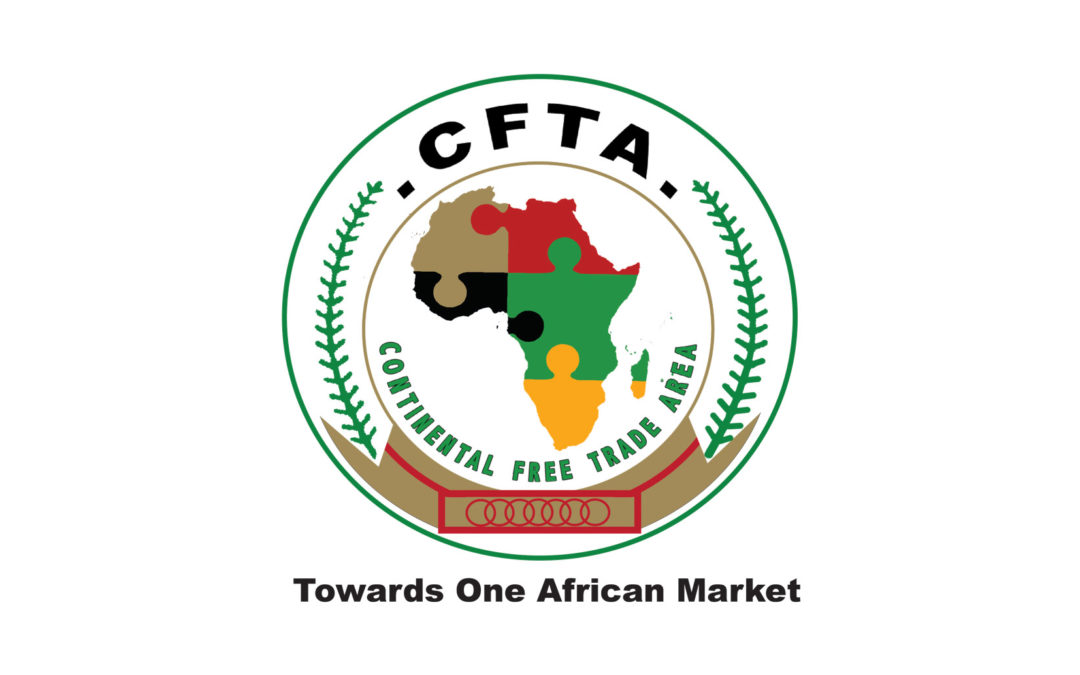Stakeholders in the Africa Continental Free Trade Area, AfCFTA, of Nigeria, met on Tuesday at a webinar organised by the Commonwealth Enterprise and Investment Council to create compatible trade policies to ensure successful implementation.
The theme of the webinar was ‘Opportunities for Africa and the Rest of the World in the Africa Continental Free Trade Area’.
The President, Lagos Chamber of Commerce and Industry (LCCI), Mrs Toki Mabogunje, laid emphasis on the need for increased private sector engagements in the advocacy, awareness, education, and implementation stages of AfCFTA.
She said “Should the private sector be carried along in all the decision-making processes, the AfCFTA would record great success because players are primarily private enterprises.
“What we need to do to capture more players is to incorporate an informal structure that would accommodate players in the informal sector that account for the majority of the MSME so that they are not left out.”
She advised relevant stakeholders to incorporate an informal trade structure into the AfCFTA to capture more Micro, Small, and Medium Enterprises (MSMEs), particularly those owned by women.
Also, the Director-General, LCCI, Dr Muda Yusuf, said the benefits and costs of the AfCFTA would vary from country to country due to function of preparedness, cost of production, quality of infrastructure and trade facilitation personnel.
“Countries are to address issues that could pose risks especially those still struggling with issues around the ports.
“Customs service has been a major source of threat to trade between countries and there is an urgent need to improve the quality of the customer services of participating countries.
“We also seek to connect with the Commonwealth by leveraging the AfCFTA to strengthen global trade practices,” he said.
Yusuf, therefore, called for the creation of compatible trade and foreign exchange policies to address issues surrounding trade facilitation.

 Join Daily Trust WhatsApp Community For Quick Access To News and Happenings Around You.
Join Daily Trust WhatsApp Community For Quick Access To News and Happenings Around You.


